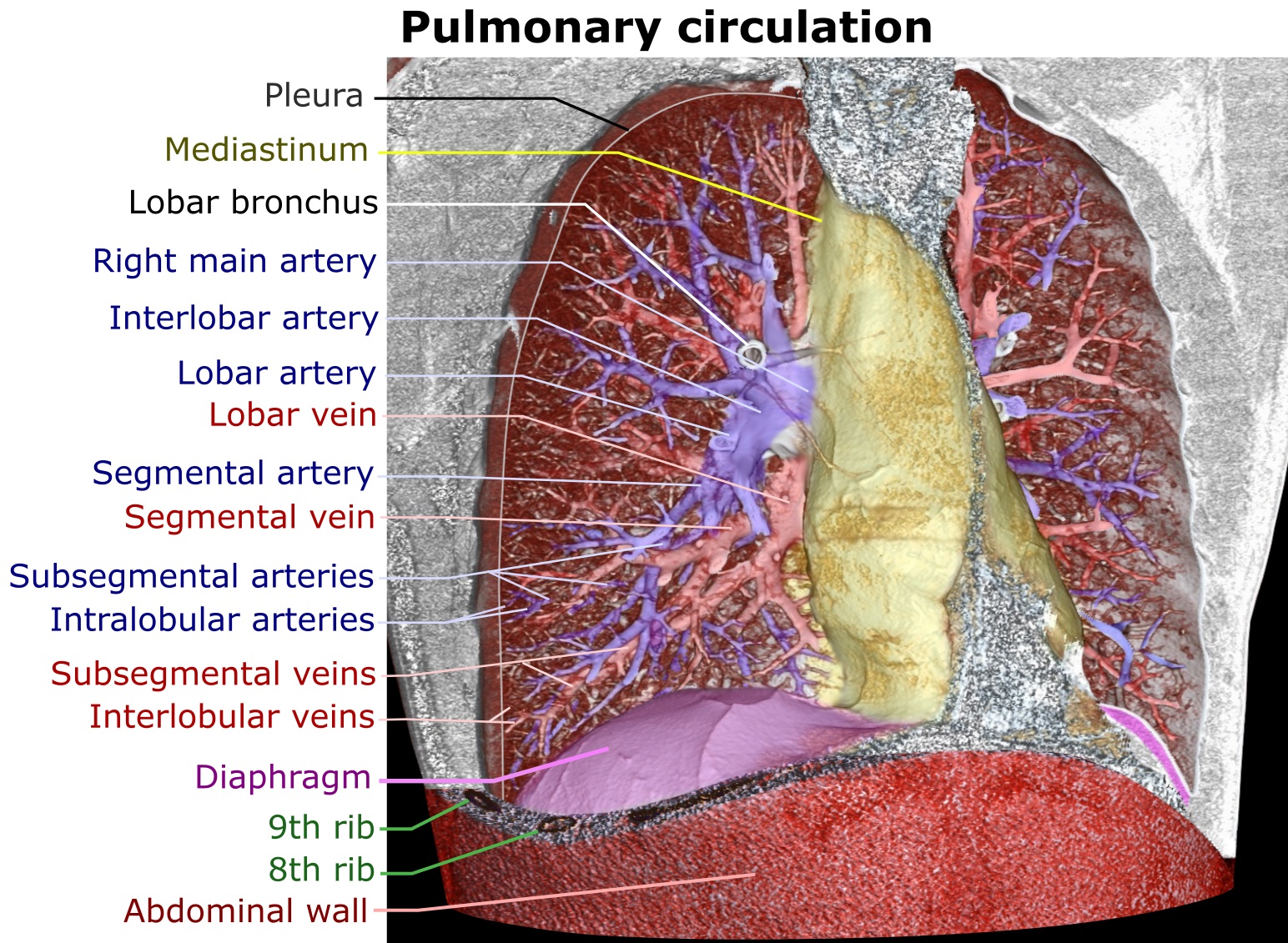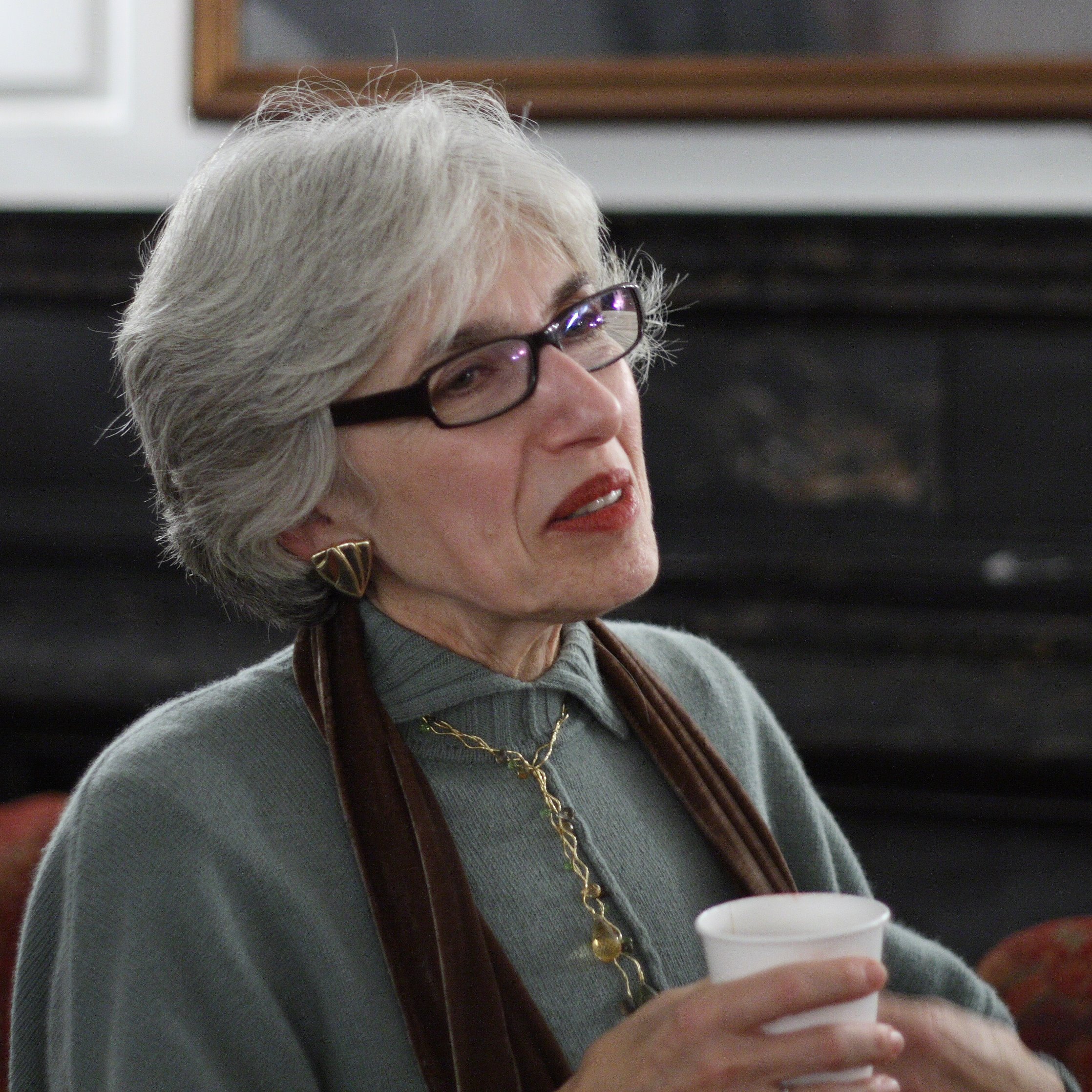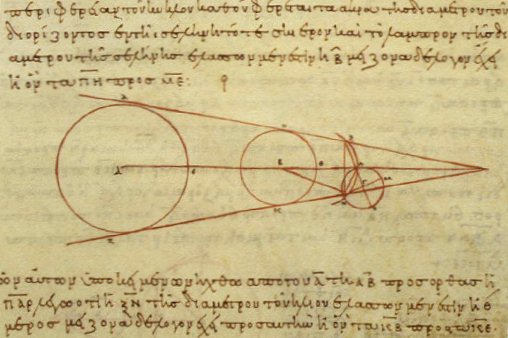|
Multiples (sociology)
Historians and sociologists have remarked upon the occurrence, in science, of "multiple independent discovery". Robert K. Merton defined such "multiples" as instances in which similar discoveries are made by scientists working independently of each other. "Sometimes," writes Merton, "the discoveries are simultaneous or almost so; sometimes a scientist will make a new discovery which, unknown to him, somebody else has made years before." Commonly cited examples of multiple independent discovery are the 17th-century independent formulation of calculus by Isaac Newton, Gottfried Wilhelm Leibniz and others, described by A. Rupert Hall; the 18th-century discovery of oxygen by Carl Wilhelm Scheele, Joseph Priestley, Antoine Lavoisier and others; and the theory of the evolution of species, independently advanced in the 19th century by Charles Darwin and Alfred Russel Wallace. Multiple independent discovery, however, is not limited to such famous historic instances. Merton believed th ... [...More Info...] [...Related Items...] OR: [Wikipedia] [Google] [Baidu] |
Science
Science is a systematic endeavor that Scientific method, builds and organizes knowledge in the form of Testability, testable explanations and predictions about the universe. Science may be as old as the human species, and some of the earliest archeological evidence for scientific reasoning is tens of thousands of years old. The earliest written records in the history of science come from Ancient Egypt and Mesopotamia in around 3000 to 1200 Common Era, BCE. Their contributions to mathematics, astronomy, and medicine entered and shaped Greek natural philosophy of classical antiquity, whereby formal attempts were made to provide explanations of events in the Universe, physical world based on natural causes. After the fall of the Western Roman Empire, knowledge of History of science in classical antiquity, Greek conceptions of the world deteriorated in Western Europe during the early centuries (400 to 1000 CE) of the Middle Ages, but was preserved in the Muslim world during the ... [...More Info...] [...Related Items...] OR: [Wikipedia] [Google] [Baidu] |
Logology (science Of Science)
Logology is the study of all things related to science and its practitioners—philosophical, biological, psychological, societal, historical, political, institutional, financial. The term "logology" is back-formed from the suffix "-logy", as in "geology", "anthropology", etc., in the sense of the "study of science"., , English-language summary: pp. 741–43 note 3 The word "logology" provides grammatical variants not available with the earlier terms "science of science" and "sociology of science", such as "logologist", "logologize", "logological", and "logologically". The emerging field of metascience is a subfield of logology. Origins The early 20th century brought calls, initially from sociologists, for the creation of a new, empirically based science that would study the scientific enterprise itself. The early proposals were put forward with some hesitancy and tentativeness. The new meta-science would be given a variety of names, including "science of knowledge", "science ... [...More Info...] [...Related Items...] OR: [Wikipedia] [Google] [Baidu] |
Michael Servetus
Michael Servetus (; es, Miguel Serveto as real name; french: Michel Servet; also known as ''Miguel Servet'', ''Miguel de Villanueva'', ''Revés'', or ''Michel de Villeneuve''; 29 September 1509 or 1511 – 27 October 1553) was a Spanish theologian, physician, cartographer, and Renaissance humanist. He was the first European to correctly describe the function of pulmonary circulation, as discussed in '' Christianismi Restitutio'' (1553). He was a polymath versed in many sciences: mathematics, astronomy and meteorology, geography, human anatomy, medicine and pharmacology, as well as jurisprudence, translation, poetry, and the scholarly study of the Bible in its original languages. He is renowned in the history of several of these fields, particularly medicine. He participated in the Protestant Reformation, and later rejected the Trinity doctrine and mainstream Catholic Christology. After being condemned by Catholic authorities in France, he fled to Calvinist Geneva where he ... [...More Info...] [...Related Items...] OR: [Wikipedia] [Google] [Baidu] |
Pulmonary Circulation
The pulmonary circulation is a division of the circulatory system in all vertebrates. The circuit begins with deoxygenated blood returned from the body to the right atrium of the heart where it is pumped out from the right ventricle to the lungs. In the lungs the blood is oxygenated and returned to the left atrium to complete the circuit. The other division of the circulatory system is the systemic circulation that begins with receiving the oxygenated blood from the pulmonary circulation into the left atrium. From the atrium the oxygenated blood enters the left ventricle where it is pumped out to the rest of the body, returning as deoxygenated blood back to the pulmonary circulation. The blood vessels of the pulmonary circulation are the pulmonary arteries and the pulmonary veins. A separate circulatory circuit known as the bronchial circulation supplies oxygenated blood to the tissue of the larger airways of the lung. Structure De-oxygenated blood leaves the heart ... [...More Info...] [...Related Items...] OR: [Wikipedia] [Google] [Baidu] |
Dava Sobel
Dava Sobel (born June 15, 1947) is an American writer of popular expositions of scientific topics. Her books include ''Longitude'', about English clockmaker John Harrison, and ''Galileo's Daughter'', about Galileo's daughter Maria Celeste, and ''The Glass Universe: How the Ladies of the Harvard Observatory Took the Measure of the Stars''. Biography Sobel was born in The Bronx, New York City. She graduated from the Bronx High School of Science and Binghamton University. She wrote '' Longitude: The True Story of a Lone Genius Who Solved the Greatest Scientific Problem of His Time'' in 1995. The story was made into a television movie, of the same name by Charles Sturridge and Granada Film in 1999, and was shown in the United States by A&E. Her book '' Galileo's Daughter: A Historical Memoir of Science, Faith, and Love'' was a finalist for the 2000 Pulitzer Prize for Biography or Autobiography. She holds honorary doctor of letters degrees from the University of Bath and Middl ... [...More Info...] [...Related Items...] OR: [Wikipedia] [Google] [Baidu] |
Journal For The History Of Astronomy
''Journal for the History of Astronomy'' (''JHA'') is a peer-reviewed academic journal that publishes papers in the History of Astronomy from earliest times to the present, and in history in the service of astronomy. The journal's founding editor was Michael Hoskin of Cambridge University and it is currently edited by James Evans of the University of Puget Sound. It has been in publication since 1970 and is currently published by SAGE Publications SAGE Publishing, formerly SAGE Publications, is an American independent publishing company founded in 1965 in New York by Sara Miller McCune and now based in Newbury Park, California. It publishes more than 1,000 journals, more than 800 bo .... From 1979 to 2002, ''Archaeoastronomy'' was published as a supplement to JHA, but was incorporated into ''JHA'' in 2003. Abstracting and indexing ''Journal for the History of Astronomy'' is abstracted and indexed in, among other databases: SCOPUS, and the Social Sciences Citation Index ... [...More Info...] [...Related Items...] OR: [Wikipedia] [Google] [Baidu] |
Owen Gingerich
Owen Jay Gingerich (; born 1930) is professor emeritus of astronomy and of the history of science at Harvard University and a senior astronomer emeritus at the Smithsonian Astrophysical Observatory. In addition to his research and teaching, he has written many books on the history of astronomy. Gingerich is also a member of the American Academy of Arts and Sciences, the American Philosophical Society, and the International Academy of the History of Science. A committed Christian, he has been active in the American Scientific Affiliation, a society of evangelical scientists.Stephen C. Meyer.Owen Gingerich. ''Eternity''. May 1986. He has served on the board of trustees of the Templeton Foundation. Early life Gingerich was born to a Mennonite family in Washington, Iowa, but was raised on the prairies of Kansas where he first became interested in astronomy. His father, Melvin Gingerich, taught at Bethel College in North Newton, Kansas, from 1941 to 1947, when he took a job at Goshe ... [...More Info...] [...Related Items...] OR: [Wikipedia] [Google] [Baidu] |
Nicolaus Copernicus
Nicolaus Copernicus (; pl, Mikołaj Kopernik; gml, Niklas Koppernigk, german: Nikolaus Kopernikus; 19 February 1473 – 24 May 1543) was a Renaissance polymath, active as a mathematician, astronomer, and Catholic canon, who formulated a model of the universe that placed the Sun rather than Earth at its center. In all likelihood, Copernicus developed his model independently of Aristarchus of Samos, an ancient Greek astronomer who had formulated such a model some eighteen centuries earlier. The publication of Copernicus's model in his book ' (''On the Revolutions of the Celestial Spheres''), just before his death in 1543, was a major event in the history of science, triggering the Copernican Revolution and making a pioneering contribution to the Scientific Revolution. Copernicus was born and died in Royal Prussia, a region that had been part of the Kingdom of Poland since 1466. A polyglot and polymath, he obtained a doctorate in canon law and was a mathemat ... [...More Info...] [...Related Items...] OR: [Wikipedia] [Google] [Baidu] |
Solar System
The Solar System Capitalization of the name varies. The International Astronomical Union, the authoritative body regarding astronomical nomenclature, specifies capitalizing the names of all individual astronomical objects but uses mixed "Solar System" and "solar system" structures in theinaming guidelines document. The name is commonly rendered in lower case ('solar system'), as, for example, in the ''Oxford English Dictionary'' an''Merriam-Webster's 11th Collegiate Dictionary''. is the gravitationally bound system of the Sun and the objects that orbit it. It formed 4.6 billion years ago from the gravitational collapse of a giant interstellar molecular cloud. The vast majority (99.86%) of the system's mass is in the Sun, with most of the remaining mass contained in the planet Jupiter. The four inner system planets—Mercury, Venus, Earth and Mars—are terrestrial planets, being composed primarily of rock and metal. The four giant planets of the outer system a ... [...More Info...] [...Related Items...] OR: [Wikipedia] [Google] [Baidu] |
Aristarchus Of Samos
Aristarchus of Samos (; grc-gre, Ἀρίσταρχος ὁ Σάμιος, ''Aristarkhos ho Samios''; ) was an ancient Greek astronomer and mathematician who presented the first known heliocentric model that placed the Sun at the center of the known universe, with the Earth revolving around the Sun once a year and rotating about its axis once a day. He was a student of Strato of Lampsacus, who was the third head of the Peripatetic School in Greece. According to Ptolemy, during Aristarchus' time there, he observed the summer solstice of 280 BCE. Along with his contributions to the heliocentric model, as reported by Vitruvius, he created two separate sundial A sundial is a horological device that tells the time of day (referred to as civil time in modern usage) when direct sunlight shines by the apparent position of the Sun in the sky. In the narrowest sense of the word, it consists of a flat ...s: one that is a flat disc; and one hemispherical. Aristarchus was ... [...More Info...] [...Related Items...] OR: [Wikipedia] [Google] [Baidu] |
Aristarchos Von Samos (Denkmal)
Aristarchus may refer to: People * Aristarchus of Tegea (5th century BC), Greek writer * Aristarchus of Athens, (5th century BC), one of the leaders of the Athenian coup of 411 BC * Aristarchus of Athens, though apparently different from the above, a conversation between whom and Socrates is recorded by Xenophon in his ''Memorabilia'' (2.7.) * Aristarchus of Sparta, harmost of Byzantium in 400 BC * Aristarchus (physician), royal physician to the court of Syria in the 3rd century BC * Aristarchus of Samos (c. 310–230 BC), Greek astronomer and mathematician * Aristarchus of Samothrace (c. 220–143 BC), Greek grammarian * Aristarchus, one of the ambassadors sent by the Phocaeans to Seleucus IV Philopator, the son of Antiochus III the Great, in 190 BC * Aristarchus of Colchis (fl. 63–50 BC), Colchian dynast, appointed by Pompey after the close of the Mithridatic Wars * Aristarchus of Thessalonica (1st century AD), Eastern saint and early Christian mentioned in a few passages i ... [...More Info...] [...Related Items...] OR: [Wikipedia] [Google] [Baidu] |
.jpeg)






